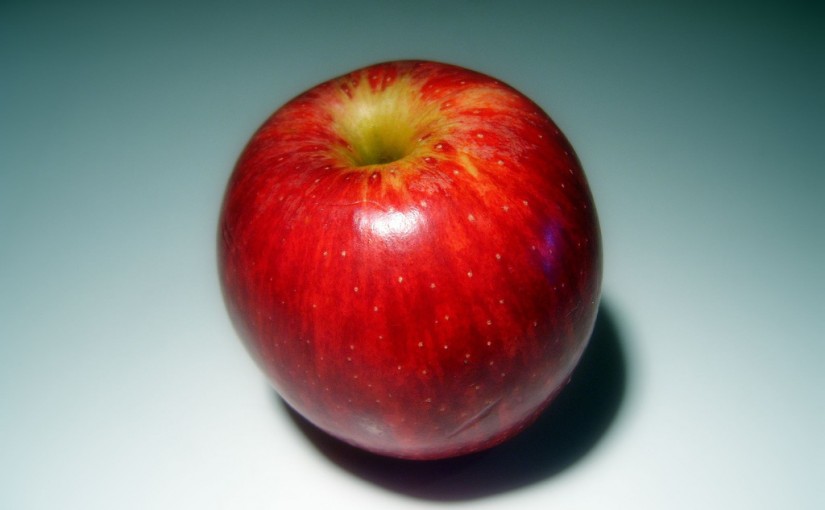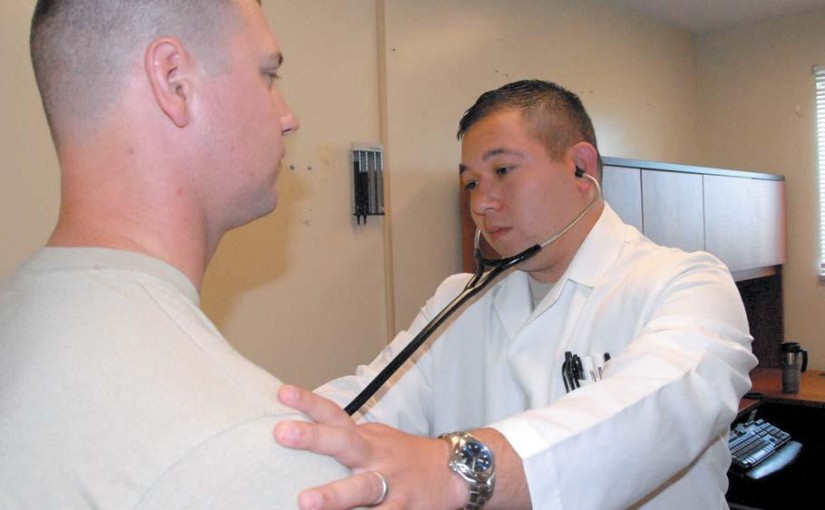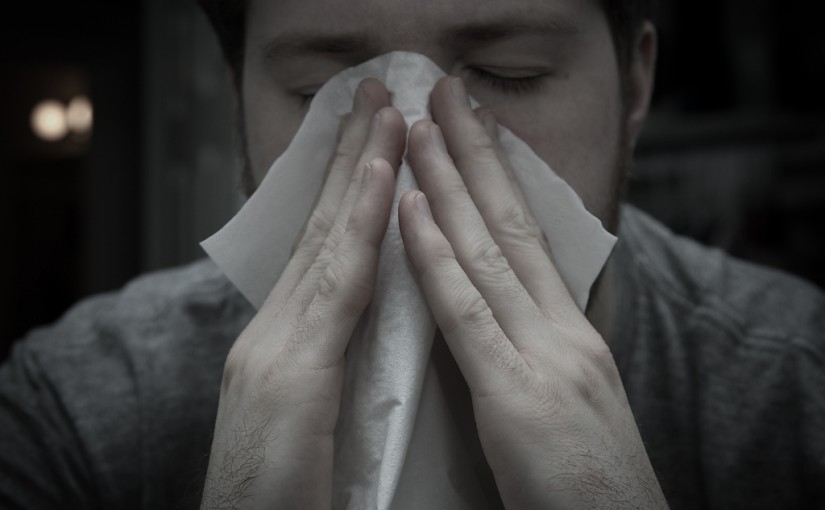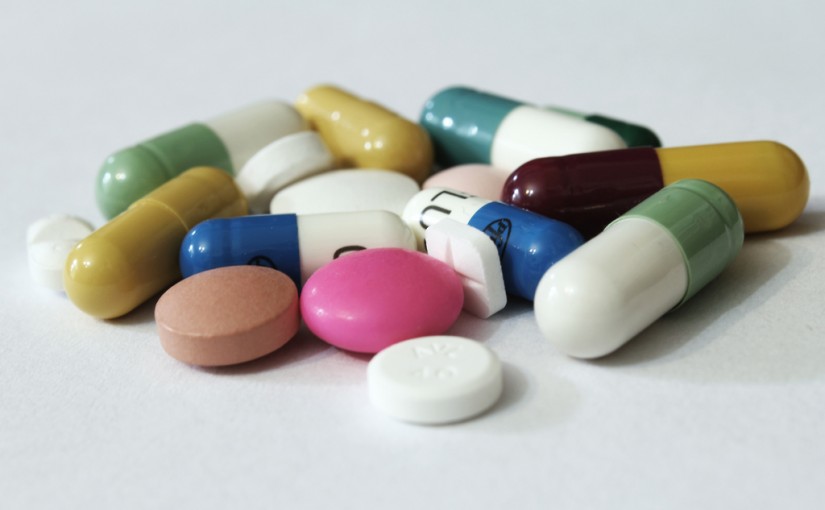Category: Medical
-

Nausea: When To Seek Medical Advice
Nausea is very common symptom that is associated with a wide range of health conditions, referring to the physical discomfort that gives a person the feeling that they may be about to vomit. Often the cause of vomiting or nausea can be determined fairly easily by looking back at a person’s recent actions (such as…
-

Does An Apple A Day Really Keep The Doctor Away?
Just as the age-old adage promises, it seems an apple a day really can keep the doctor away. Apples (along with other fruits and veggies) pack a combination of vitamins and minerals that out-power supplements like artificially made vitamin capsules. These nutrients are critical for our bodies’ health—not only do they keep our immune system…
-

The Importance of Doctor’s Check-Ups
Most of us find plenty of reasons to drag our feet when it comes time to get a medical check-up. After all, if you’re feeling fine, why bother? You’re a busy individual, with plenty on your plate already at work and at home. Maybe the idea of finding something wrong even makes you uncomfortable, which…
-

Top Reasons for Summer ER Visits
Summer is a time for outdoor adventures, travel and relaxation. But among health professionals, it’s known as “trauma season”—with good reason. With summer comes an influx in health risks and emergency room visits. Don’t let your summer get derailed by trips to the ER. Protect yourself and your loved ones by being aware of these…
-

Cancer: What to Ask Your Doctor
A cancer diagnosis can be hard to process at first. You may feel shock, anger, or even disbelief. But as a cancer patient, you are an equal partner with your doctor in your treatment and recovery. The more you understand what your body is going through, the better prepared you are to take care of…
-

Spring Has Sprung: Dealing With Allergies
Spring means sunnier days, warmer weather, blooming flowers … and for some, the unpleasantness of seasonal allergies. From stuffy noses to coughing to sore throats, allergy symptoms can have a significant impact on your quality of life. If you’re among those with springtime allergies, you don’t have suffer through the entire season. Follow these five…
-

Medication Safety
Medications can help us stay healthy, live more fully, and even extend our lives. But when safety measures aren’t followed or they are used inappropriately, they can do a lot of damage. Following medication safety guidelines can keep you and your loved ones safe. Review and consider these top 10 rules for medication management to…
-

A Guide to Vegetarianism
The choice to go vegetarian is a personal one. Sometimes it is for medical reasons, sometimes ethical, sometimes both and sometimes neither. Whatever the reasons for your choice to go vegetarian, you The choice to go vegetarian is a personal one. Sometimes it is for medical reasons, sometimes ethical, sometimes both and sometimes neither. Whatever…
-

Fats: The Good, The Bad and The Ugly
Stop! Put down that donut. Unhand that candy bar. Before you take another bite, there are some things about fats you need to know. Did you realize that not all fats are bad for you? Some fats, eaten in the proper proportions can help keep your body healthy. If you did not know this small…
-

Nutrition 101: Getting Started
Going to the supermarket can feel like walking into a car dealership if you are trying to eat nutritiously. Every item on the shelves claims to be nutritious in one way or other, even things that you likely know blatantly are not, such as candy bars and potato chips. Every product is screaming at you…